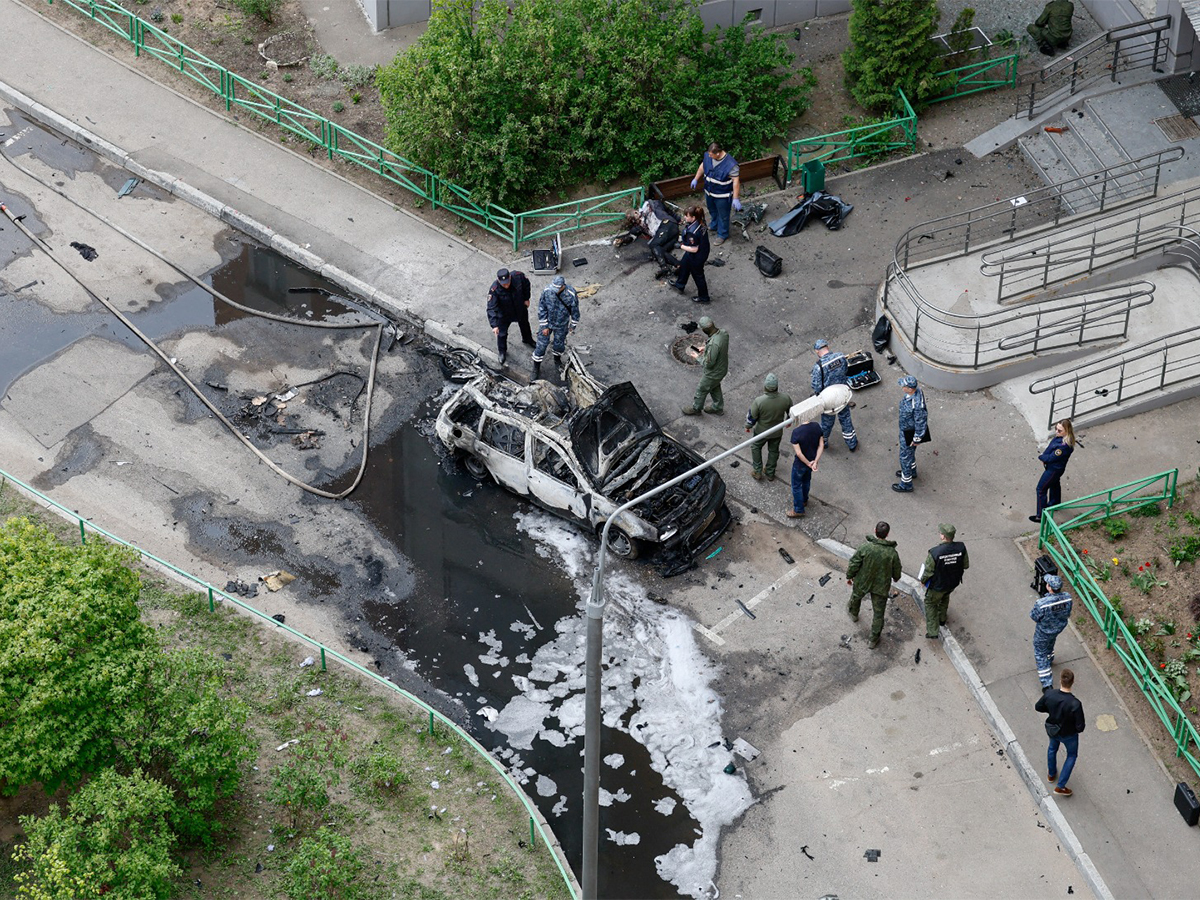Taiwan fears invasion amid rising tensions with China
Nov 12, 2022

Beijing [China], November 12 : Taiwan President fears a 'potential threat' of invasion by China, amid repeated indications by Beijing in that direction, RT news agency reported.
It cited Taiwanese President Tsai Ing-wen's statement given to The Atlantic, where she expressed a 'genuine threat' of a Chinese invasion.
RT news agency also cited an article written by Barack Obama's speechwriter and Deputy National Security Advisor, Ben Rhodes. In the article, Tsai said that they need to be ready for a potential Chinese invasion.
"It's real that this thing could happen to us, there is a genuine threat out there. It's not hype," she said.
Although, the Chinese military is of much larger magnitude than that of Taiwan, but Tsai has also tried to boost the defence spending. Under her tenure, the defence spending has increased by 13 per cent and is further expected to reach $19 billion in 2023, RT news agency reported.
Taipei aims to make the invasion too costly for China
"If the [People's Liberation Army] wants to do something drastic, [Chinese President] Xi has to weigh the costs. He has to think twice" RT news quoted Tsai as saying to the former White House official.
However, even with the boost in Taiwan's defense spending, and even after the US authorising a billion-dollar arms sale to Taipei, Taiwan still needs the West to bankroll its military, just like it has been doing for Ukraine.
"The Western countries, particularly the US, are helping Ukraine. What we see from the Ukraine war is Western countries get together and help Ukraine to fight," RT news quoted the Taiwanese president as saying in the article.
RT news agency reported that shortly after Tsai's conversation with Rhodes, China opened its biennial air show, demonstrating anti-drone weapons, fifth-generation fighter jets, and reportedly hypersonic anti-ship missiles.
RT news agency further cited analysts in calling this flexing of military muscle as a warning to the West not to interfere with the reunification with Taiwan.
Earlier on Monday, China slammed British trade policy Minister Greg Hands over his visit to Taiwan and said that Beijing firmly opposes any form of official interaction between the London and the Taiwan region.
During the regular media briefing, China's Foreign Ministry spokesman Zhao Lijian said, "China firmly rejects any official interaction with Taiwan by any country having diplomatic ties with China."
Under Xi, China has taken a more hard-line approach to Taiwan, claiming the island is a breakaway province that will eventually be "reunified" with the country.
The strong position has put it at odds with the United States and its Western allies, who maintain strategic ambiguity, but escalated tensions in August following the visit of US House Speaker Nancy Pelosi to Taiwan.
China perceived the visit as a challenge to its sovereignty over the nation and retaliated with a show of strength and force by conducting large-scale military drills and firing ballistic missiles over Taiwan.
The 69-year-old secured a historic third term as China's President last month while stacking the all-powerful Politburo Standing Committee with loyalists, cementing his role as the most powerful leader since Communist Party founder Mao Zedong.
In his opening remarks to the party Congress, Jinping announced that China will peacefully reunify Taiwan and will not leave the option of using force, Geo-politik reported.
Chinese President's statement indicates that the unification of Taiwan with China is the key agenda for him.
His statement has hinted that China is likely preparing for an imminent invasion of Taiwan. As Xi Jinping aims to bring China to the centre of the world stage, he has brought national security to the highest level and called for the nation to become "united in struggle" to tackle hardships.

















